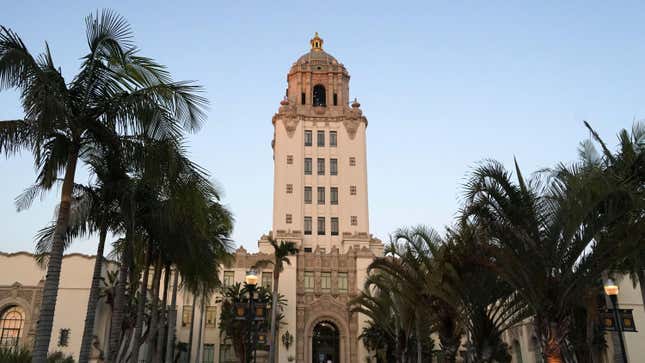Abortion Clinic Set to Sue Beverly Hills for Getting Its Lease Canceled
The clinic hadn't even opened yet, but it claims protestors worked with the supposedly liberal city of Beverly Hills to force them out.
AbortionPolitics

A Washington, D.C.-based abortion provider that planned to open a new clinic in California claims that the city of Beverly Hills “colluded and conspired” with anti-abortion activists to get the landlord to cancel it lease. According to the Los Angeles Times, DuPont Clinic has sued its landlord and is preparing to sue the city. The dispute shows that abortion access is under attack even in blue or “access” states.
DuPont Clinic, an all-trimester abortion provider, said it has spent millions of dollars to renovate a medical building on Wilshire Boulevard, but was forced to stop work when its landlord attempted to rescind its lease. DuPont had signed the lease in September 2022 and originally hoped to open the clinic this fall to serve Californians who need abortions later in pregnancy as well as people from around the country who get turned away from clinics.
DuPont claims that Beverly Hills Mayor Julian Gold and three other city officials acted to withhold permits after anti-abortion protests and that they held “secret” meetings with the group Survivors of the Abortion Holocaust, all in service of pressuring the landlord to end the lease. DuPont gave the city formal notice on Monday of its intent to sue, a required step in the state.
-

-

-

-

-

-

-

-

-

-

-

-

-

-

-

-

-

-

-

-

-

-

-

-

-

-

-

-

-

-

-

-

-

-

-

-

-

-

-

-








































